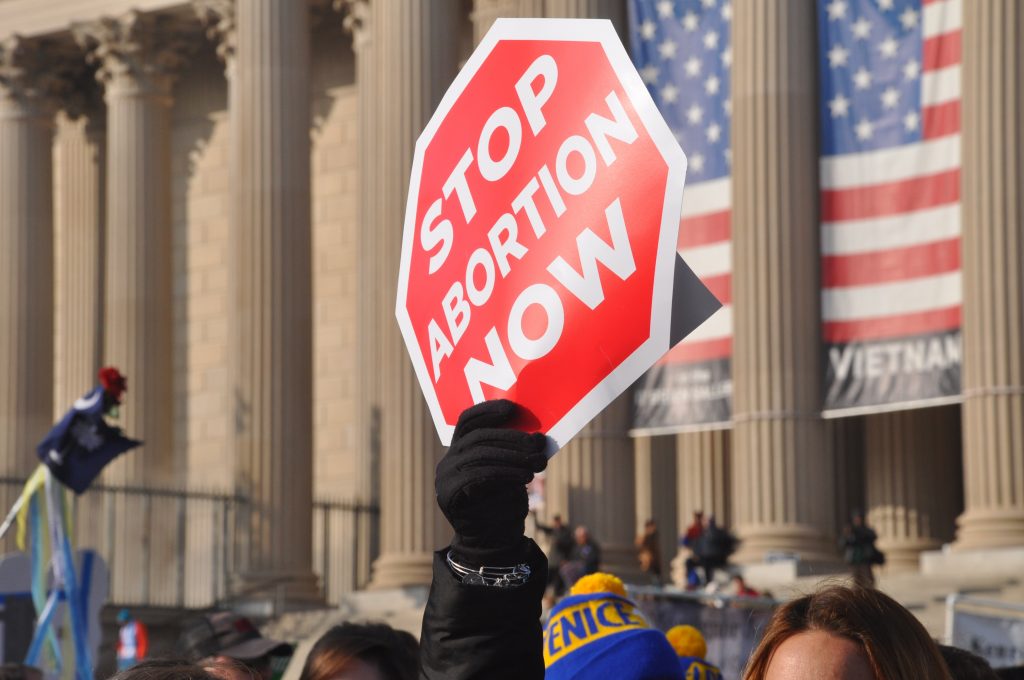One in Five Arkansans Believes Abortion Ought to Be Illegal: Poll

Yesterday the Public Religion Research Institute released the results of a survey on support for abortion in the U.S.
The group surveyed Americans in every state. Not surprisingly, pollsters found Arkansans are overwhelmingly pro-life.
The survey found one in five Arkansans (21%) believes abortion ought to be completely illegal — one of the highest percentages of any state in the nation.
Last October the University of Arkansas conducted a poll that found 17% of Arkansans believe abortion ought to be completely illegal. Another 58% said abortion ought to be legal only under certain circumstances.
Gallup released a poll last June showing 60% of Americans believe abortion should be either illegal or legal only under a few circumstances.
Americans oppose abortion on demand, and a striking number agree that abortion ought to be completely illegal. With that in mind, it makes sense that legislatures around the nation would pass laws restricting and prohibiting abortion — and the Arkansas Legislature is no exception.
This year, Arkansas passed several good, pro-life laws, including:
- Act 180 / S.B. 149 prohibiting abortion in Arkansas if Roe v. Wade is overturned.
- Act 493 / H.B. 1439 prohibiting abortion in Arkansas after the eighteenth week of pregnancy.
- Act 700 / S.B. 448 requiring an abortionist to be board-certified or board-eligible OB/GYN.
- Act 801/S.B. 278 expanding the waiting period for an abortion from 48 to 72 hours.
- H.B. 1453 requiring abortionists to give women information about perinatal palliative care.
- Act 522 / S.B. 341 ensuring women know how to find information about abortion pill reversal.
- Act 619/S.B. 2 prohibiting abortions performed because the baby has Down Syndrome.
- Act 620/S.B. 3 requiring abortionist to report complications arising from an abortion.
- H.B. 1856 prohibiting the use of public funds to perform an abortion on a woman in state custody.
- Act 653/H.B. 1399 prohibiting public funds from being used to clone or kill unborn children.
- Act 185 / S.B. 168 updating and improving Arkansas’ pro-life Safe Haven Act.
You can read about these laws and others in our update letter from last spring.
In the political arena and the public arena, Arkansas is leading the way when it comes to protecting innocent human life.




